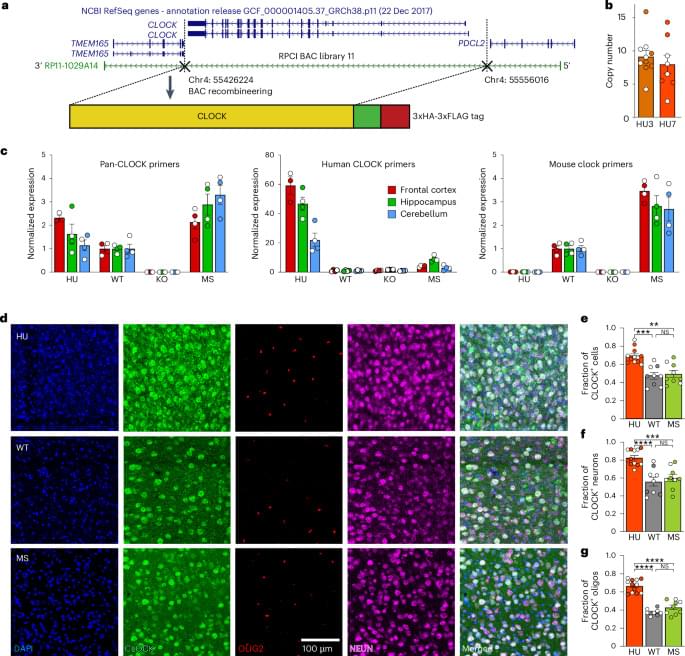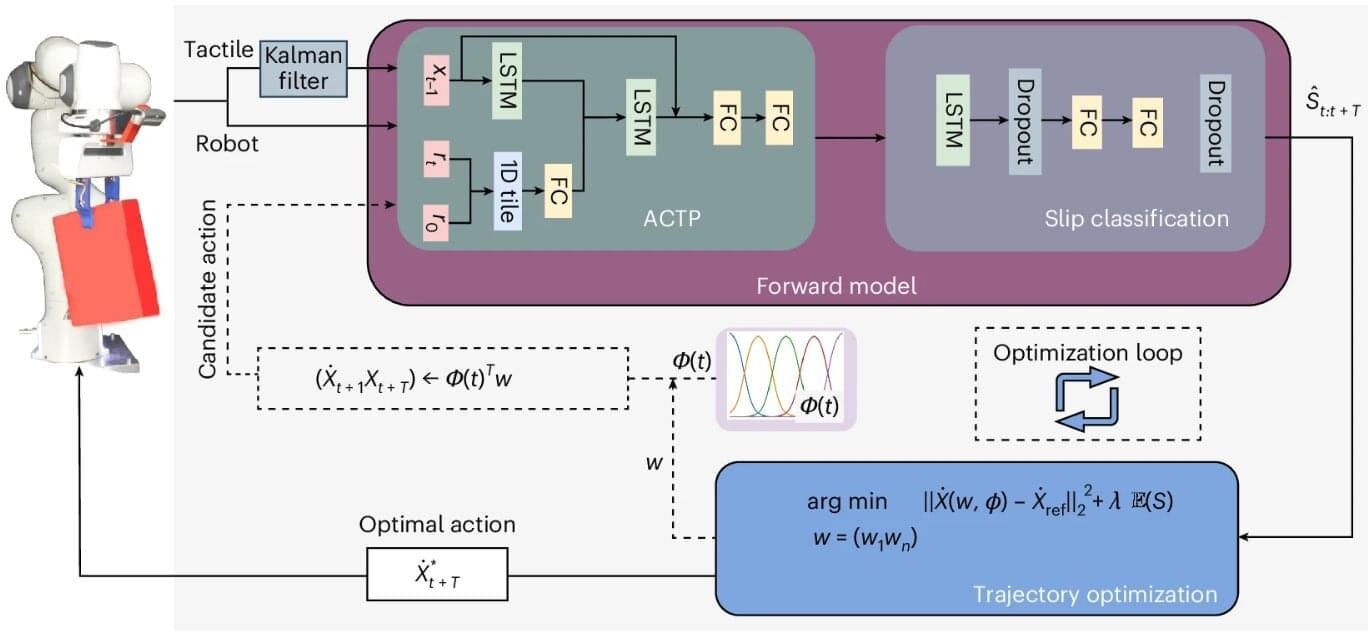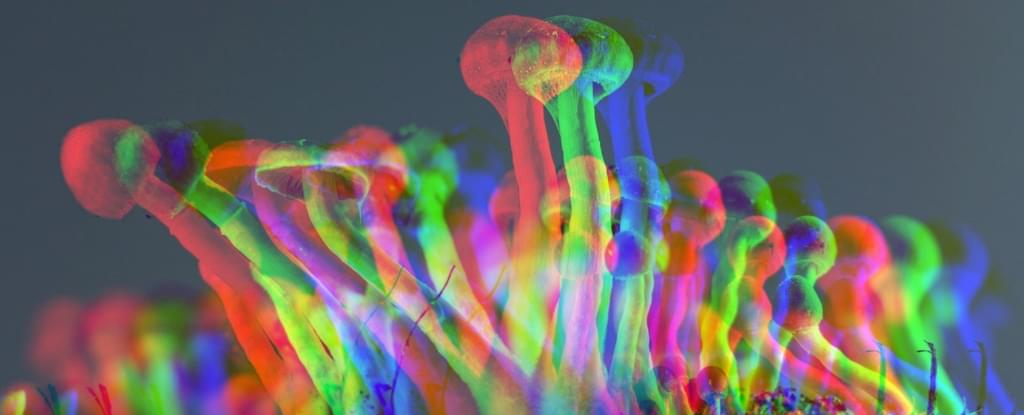The setup is more for studying antimatter than developing a realistic antimatter quantum computer.



Regulation of gene expression is a facet of human brain specialization. Here, the authors show that human-like expression of the CLOCK gene in the mouse neocortex enhances cognitive flexibility and neural connectivity, suggesting an evolutionary gain of function that may have contributed to human cognitive specialization.


MIT spinout Electrified Thermal Solutions has inked a deal with HWI, a member of Calderys and one of the biggest refractory suppliers in the US, to make electrically conductive firebricks – electric bricks, or E-bricks – that store and deliver extreme heat using renewable electricity.
The innovative partnership is all about scaling up Electrified Thermal’s Joule Hive Thermal Battery, which conducts clean power and stores it as heat up to a scorching 1,800C (3,275F). That’s hot enough to drive even the most energy-hungry industrial processes like steelmaking, glass, or cement production.
The E-bricks enable factories to ditch fossil fuels and run on renewables without sacrificing performance or reliability, and at a lower cost.

A new slip-prevention method has been shown to improve how robots grip and handle fragile, slippery or asymmetric objects, according to a University of Surrey–led study published in Nature Machine Intelligence. The innovation could pave the way for safer, more reliable automation across industries ranging from manufacturing to health care.
In the study, researchers from Surrey’s School of Computer Science and Electronic Engineering demonstrated how their approach allows robots to predict when an object might slip—and adapt their movements in real-time to prevent it.
Similar to the way humans naturally adjust their motions, this bio-inspired method outperforms traditional grip-force strategies by allowing robots to move more intelligently and maintain a secure hold without simply squeezing harder.

If you create something that mimics you be aware that it will try to self-preserve when it sees you as a treath.
Enjoy the videos and music that you love, upload original content and share it all with friends, family and the world on YouTube.



Scientists at UCSF have uncovered how certain immune cells in the brain, called microglia, can effectively digest toxic amyloid beta plaques that cause Alzheimer’s. They identified a key receptor, ADGRG1, that enables this protective action. When microglia lack this receptor, plaque builds up quickly, causing memory loss and brain damage. But when the receptor is present, it seems to help keep Alzheimer's symptoms mild. Since ADGRG1 belongs to a drug-friendly family of receptors, this opens the door to future therapies that could enhance brain immunity and protect against Alzheimer’s in more people.